The Negative Impact of Excessive Alcohol Consumption on the Body: From Liver Damage to Increased Disease Risk
Understanding the Consequences of Heavy Drinking on Organ Function and Overall Health

Summary:
It is accurate to say that excessive alcohol consumption can have several negative impacts on the body. It can cause damage to the liver, brain, heart, throat, stomach, and other organs. It can also increase the risk of developing certain diseases and health conditions such as cancer, heart disease, and neurological disorders. The key is to consume alcohol in moderate amounts, defined as no more than 1 drink per day for women and 2 drinks per day for men. It's always best to consult with a doctor before making any changes to your alcohol consumption.
Brain:
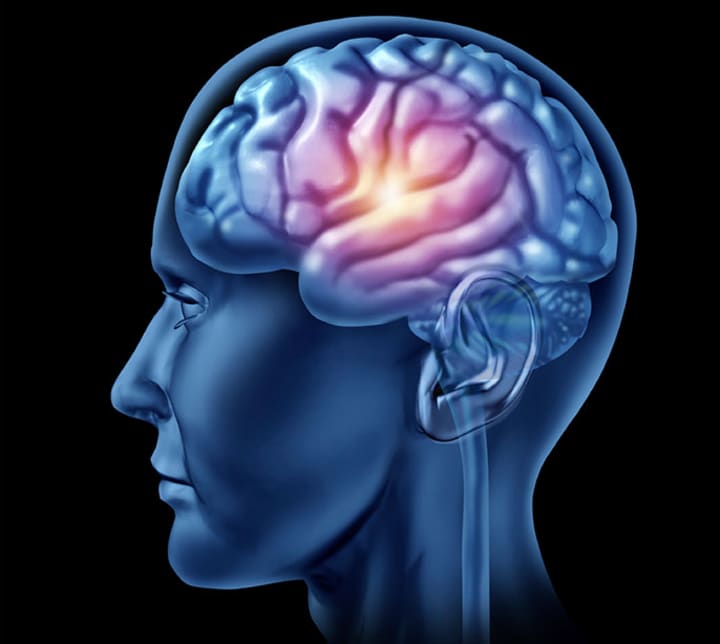
- In the short-term, alcohol can cause changes in the levels of certain neurotransmitters, which can lead to effects such as impaired judgment, slurred speech, and difficulty with coordination. High levels of alcohol consumption can also lead to a loss of consciousness, or even coma and death.
- In the long term, heavy alcohol use can cause several negative effects on the brain. It can lead to a decline in cognitive function, memory problems, and an increased risk of developing neurological disorders such as dementia. Heavy alcohol use can also lead to changes in brain structure, including shrinkage of certain brain regions and white matter damage.
Throat:
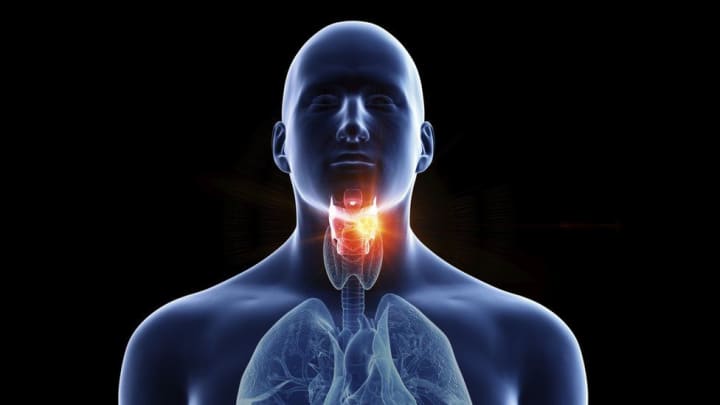
- Short-term effects of alcohol on the throat include dryness, which can lead to a sore or scratchy throat, hoarseness, and difficulty swallowing. Alcohol can also cause the blood vessels in the throat to expand, leading to a flushed or reddened appearance.
- In the long term, heavy alcohol consumption can lead to several more serious throat problems. It can cause inflammation and swelling of the lining of the throat, leading to a condition known as pharyngitis. It can also increase the risk of developing throat cancer.
- Alcohol can also irritate the stomach and esophagus, leading to conditions such as acid reflux, which can cause heartburn and a sore throat.
Heart:
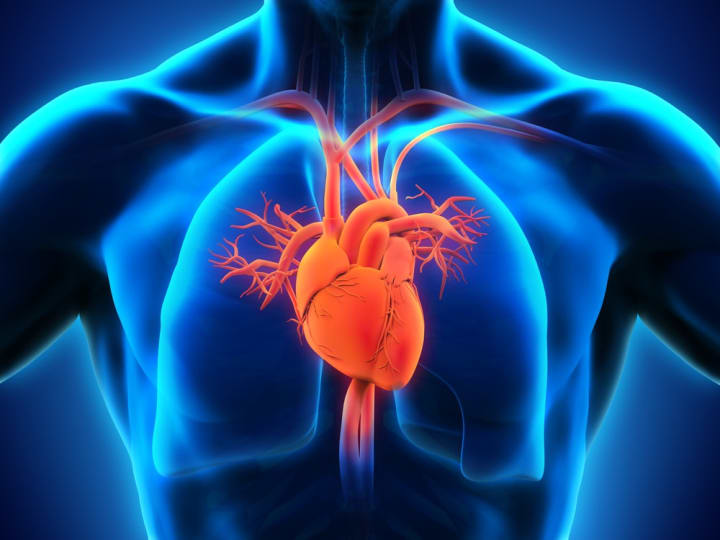
- In the short term, drinking alcohol can cause an increase in heart rate and blood pressure. This can be especially dangerous for people who already have high blood pressure or heart disease.
- In the long term, heavy alcohol consumption can lead to several serious heart problems. It can weaken the heart muscle, leading to cardiomyopathy, and making it harder for the heart to pump blood. Heavy alcohol consumption can also increase the risk of developing high blood pressure, heart failure, and stroke.
- Alcohol can also increase the levels of certain fats in the blood, such as triglycerides, which can increase the risk of heart disease. It can also cause damage to the lining of blood vessels, leading to the formation of blood clots.
- Moderate alcohol consumption, defined as no more than 1 drink per day for women and 2 drinks per day for men, appears to be associated with a lower risk of heart disease compared to heavy drinking or abstinence. But it's worth noting that the risk of any health condition is different for each individual, and some people may be more at risk than others. It's always best to consult with a doctor before making any changes to your alcohol consumption.
Liver:
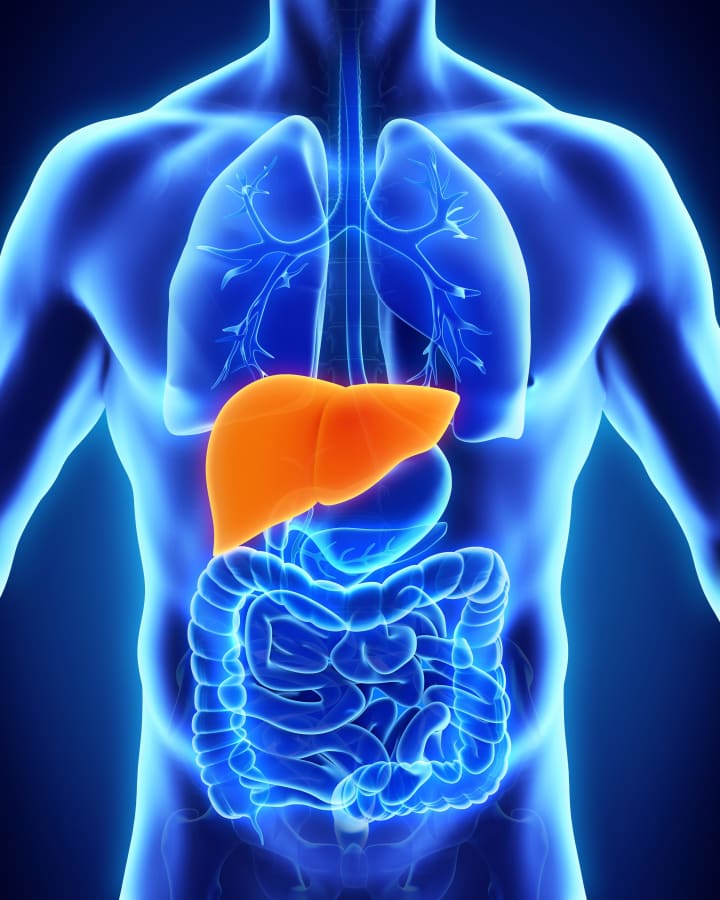
- The liver is responsible for breaking down alcohol and removing it from the body. When a person drinks too much alcohol, the liver can become overwhelmed and unable to keep up with the task. This can lead to a build-up of toxins in the liver, which can cause inflammation and damage to liver cells.
- Short-term effects of alcohol on the liver include fatty liver, which is characterized by an abnormal accumulation of fat within liver cells. This condition is reversible if drinking is stopped. Long-term heavy alcohol consumption can lead to more serious liver damage, including liver inflammation (alcoholic hepatitis), scarring of the liver (cirrhosis), and liver cancer.
- Additionally, heavy alcohol consumption can also increase the risk of developing other liver diseases, such as hepatitis C and non-alcoholic fatty liver disease.
Stomach:
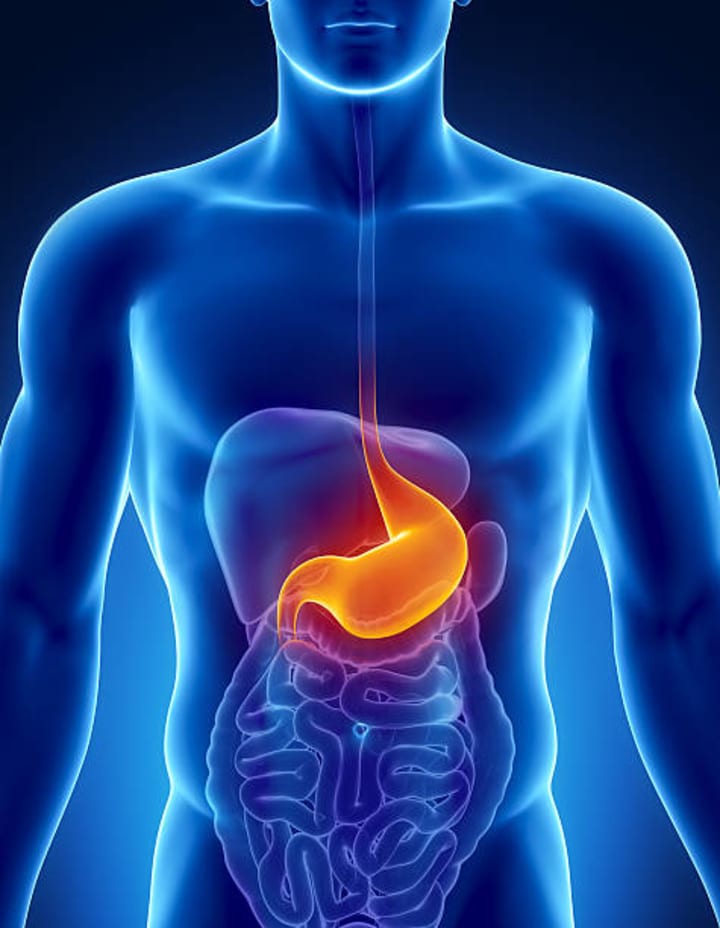
- In the short-term, alcohol can irritate the stomach lining, leading to symptoms such as stomach pain, nausea, and vomiting. It can also increase the production of stomach acid, leading to conditions such as acid reflux and heartburn.
- In the long term, heavy alcohol consumption can lead to more serious stomach problems. It can increase the risk of developing stomach ulcers and stomach cancer. Alcohol can also damage the cells that line the stomach, leading to a condition called gastritis, which can cause stomach pain, nausea, vomiting, and bleeding.
- Alcohol can also interfere with the normal function of the stomach, leading to poor absorption of nutrients and weight loss.
Note:
It's worth noting that excessive alcohol consumption is defined as more than 14 standard drinks per week for men and more than 7 standard drinks per week for women, with at least one day a week alcohol-free. Drinking within these guidelines should be relatively safe for most people.





Comments
There are no comments for this story
Be the first to respond and start the conversation.